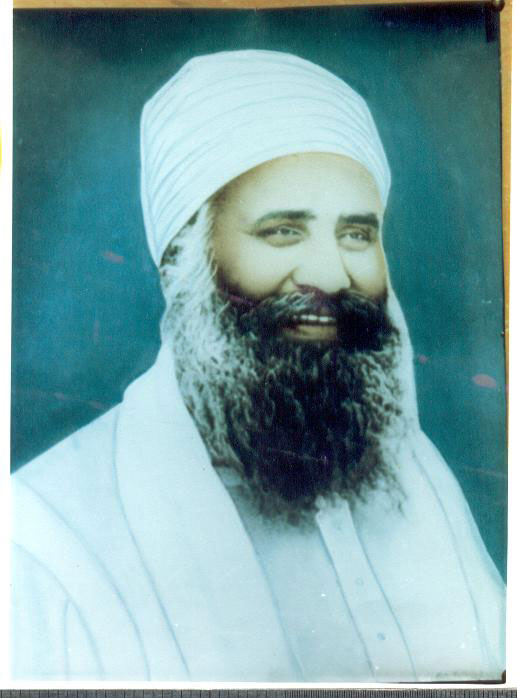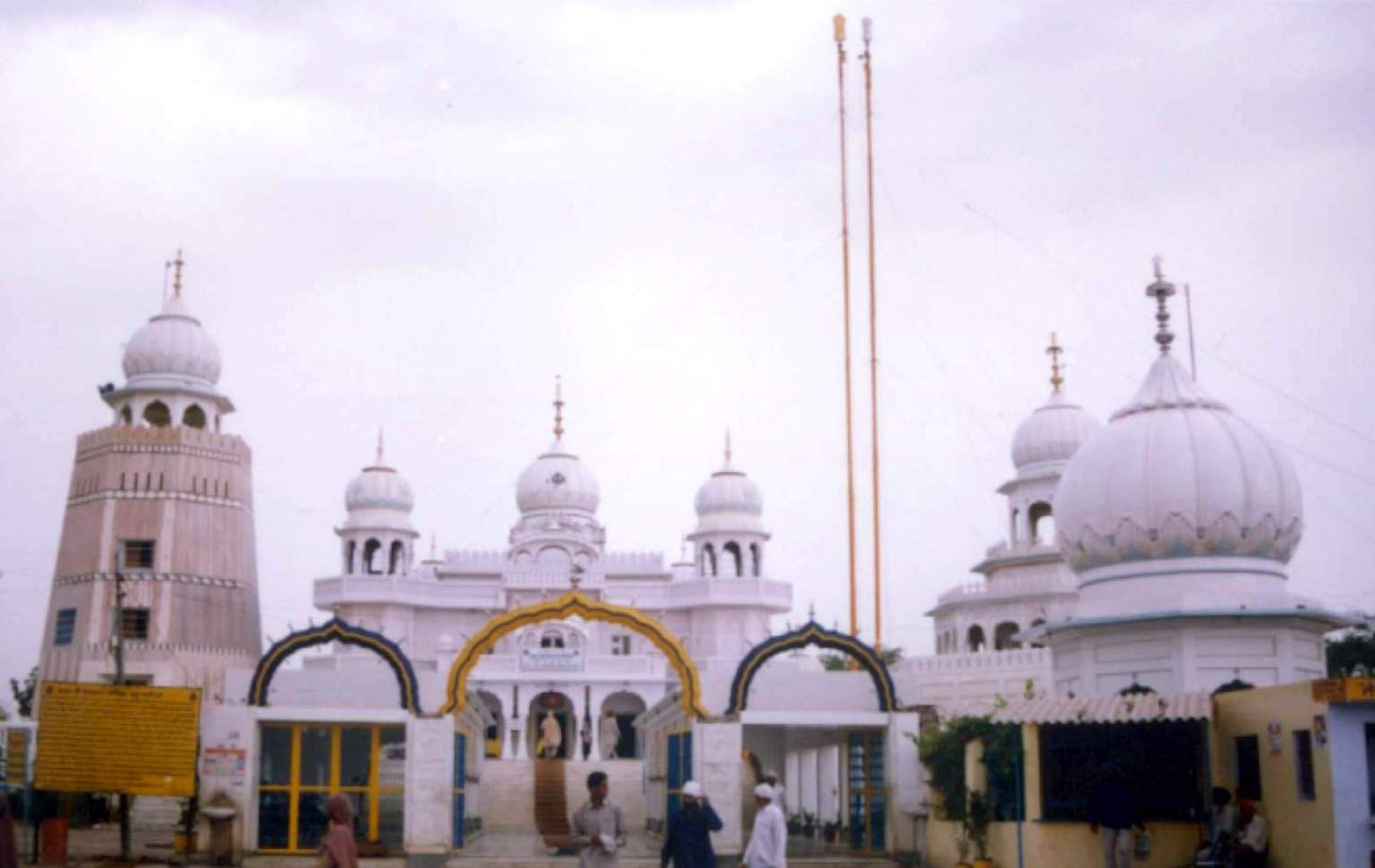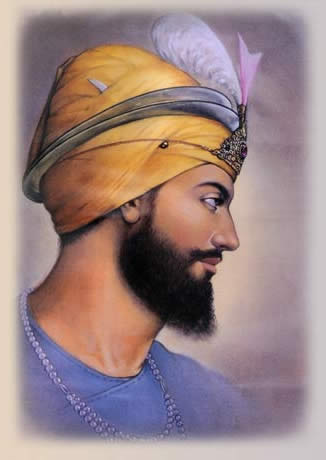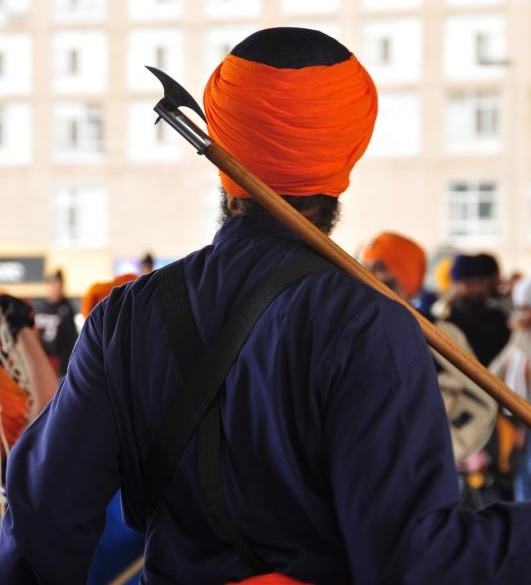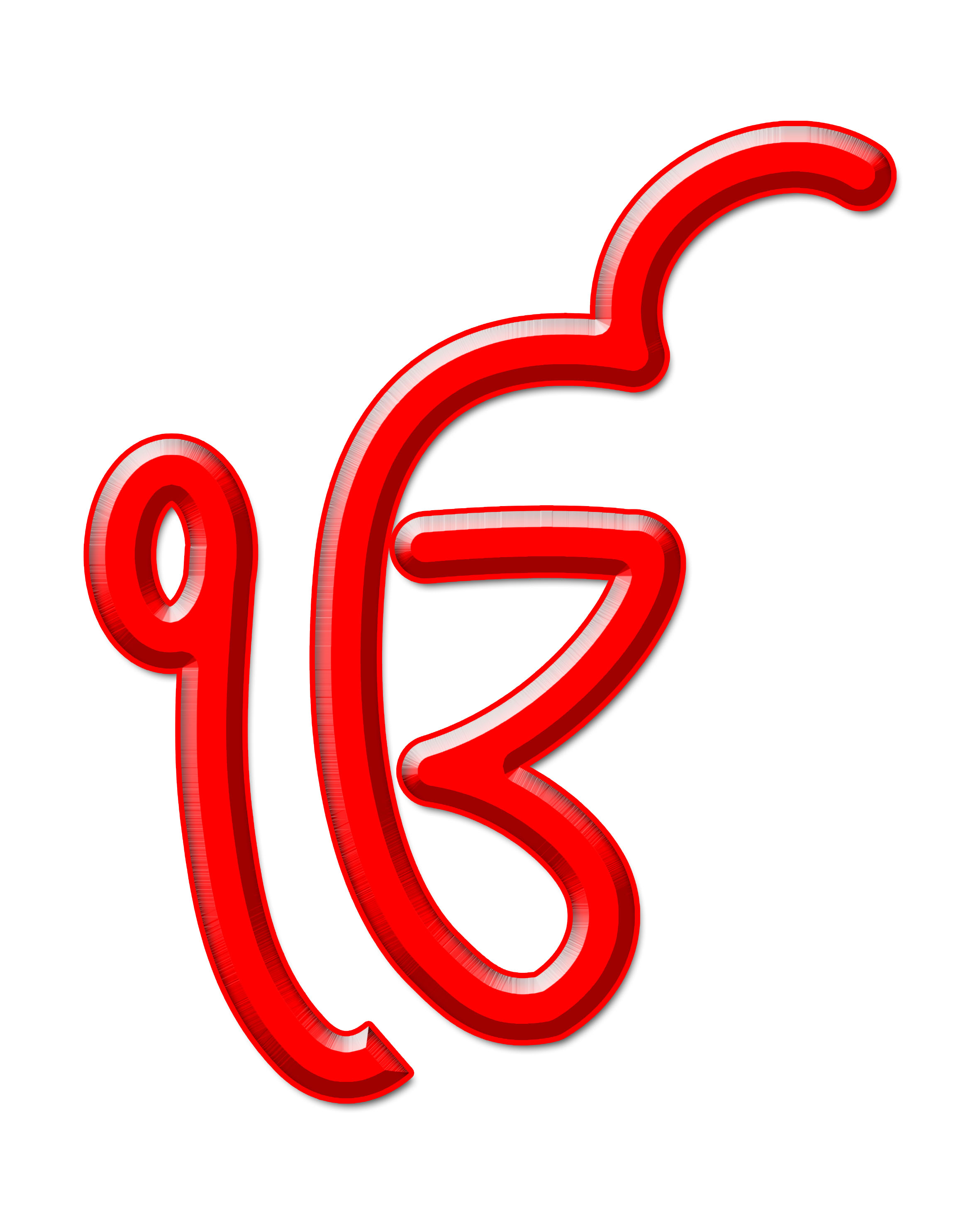Main Page: Difference between revisions
Hari singh (talk | contribs) No edit summary |
Hari singh (talk | contribs) No edit summary |
||
| Line 1: | Line 1: | ||
<!-- ----------------------- BEGINNING OF HEADER SECTION ------ position:absolute; top:0.4em; ----> | <!-- ----------------------- BEGINNING OF HEADER SECTION ------ position:absolute; top:0.4em; ----> | ||
{|style="position:absolute; top: | {|style="position:absolute; top:0.4em; width:98%; margin-top:+0.2em; margin-bottom:+0.2em; margin:5px -5px; background-color:#FFFAF0; border: 1px solid #ccc; padding: .5em .5em .5em" | ||
| style="width:8%;text-align:center; white-space: nowrap; color:#000" | | | style="width:8%;text-align:center; white-space: nowrap; color:#000" | | ||
[[{{SikhiWiki:MP-image-{{CURRENTDAYNAME}}}}|center]] <!--[[Image:K15-small-half-slow.gif|center]]---> | [[{{SikhiWiki:MP-image-{{CURRENTDAYNAME}}}}|center]] <!--[[Image:K15-small-half-slow.gif|center]]---> | ||
Revision as of 18:57, 20 June 2011
Welcome to SikhiWiki,a free Sikh Encyclopedia and learning tool...
... with 6,365 articles on Sikhism; total hits on this page
of 2,000,084+ & [[Google 2010|total of Template:NUMBEROFVIEWS pages viewed at the site.]] Sat Sri Akal, Waheguru ji ka Khalsa, Waheguru ji ki Fateh |
| Tuesday October 7, 2025 |
|
Baba Ishar Singh Ji (26 March 1913 - 7 October 1963) (Born Inder Singh ) was the son of S. Bagga Singh and Mata Partap Kaur. He was born on the 26 March 1913 (13th Chet) at the Village of Jhoraran, District Ludhiana (Punjab, India) He died on the 7 October 1963 at the age of 50 years. Inder Singh (his childhood name) had four brothers and two sisters. Even as a child he was very soft spoken, of a kind temperament and a very helpful attitude to others. He was very fond of listening to the historical accounts of the lives of the Sikh Gurus and the stories of the lives of saintly and divine people. That is why, perhaps, even at a young age he never liked to indulge in any 'trivial' playing or simple games that most children are fond of. Instead of jumping and indulging in playing around with boys of his age, he would rather spend time meditating on the formless god, in a secluded and quiet place. .....More "Without compassion there is no religion" is a central belief of the Sikhs. The sanctity of this world is held in place by dharam (path of righteousness) which in turn is a product of compassion or daya. Without compassion, this world would turn into hell and neither justice nor righteousness could be found anywhere. The Sikhs consider the Guru a divine spirit which can guide and provide instructions on how to become a better person and a useful member of the sane and saintly society. In the Guru Granth Sahib, the "holy book" of Sikhism, is found the following Shabad or sacred verse:
Did you know...
Once there was no rain in a particular area for an extended period resulting danger to the crops. In some areas, the crops had already been destroyed. So the local people of that area decided to do Ardas - a prayer or supplication to God so that their crops may be saved. Many hundreds of people gathered together at the designated place for this Ardas. While this gathering was in progress, a passing Sikh Saint stopped by. He asked one of the crowd why there was such a big crowd gathered and what was the purpose of the gathering. One of them told the Sikh Saint that that they had gathered here to do Ardas because the crops will be destroyed in the absence of rain; they were going to ask God for rain. The Saint said that was a good thing that they were doing an ardas but he did not see anyone carrying an umbrellas or "barsatie" (rain coats)…. When Waheguru (God) accepted your Ardas then there will be lot of rain. One group leader laughingly said, "But we do not know whether it will rain or not." The Saint said, "How will your Ardas be accepted when you do not have faith in Waheguru" . He told them all to go home . Sikhi FAQ...
Daulat Rai, an Arya Samajist was living in India during the late 1800's and the early part of 1900's. He was so disturbed by the publication of books by some Hindu activists whose writings maligned the Sikh Gurus that he was forced to pick up the pen himself. The now famous book: "Sahib-e-Kamal (par excellence) Guru Gobind Singh" was written by him. In his book he reminded Punjabi and Hindus of the humiliation and degradation to which their ancestors were subjected under Mughal rule before the Khalsa liberated them. Quoting various historical sources, he wrote:
|
Recent articlesPopular articles
| ||||||||||||||||||||||||||||||||||||||||||
Template:2025/10 Template:2025
| Popular Articles on Sikhi Wiki |
|
Mool Mantar | Japji | Sikhism | Dasam Granth | Kirtan | Beliefs | Bani | Gurus | SGGS | Bhai Manjh | Vegetarianism | Bhagat Sain | Bhagat Dhanna | Today | Blogs |

